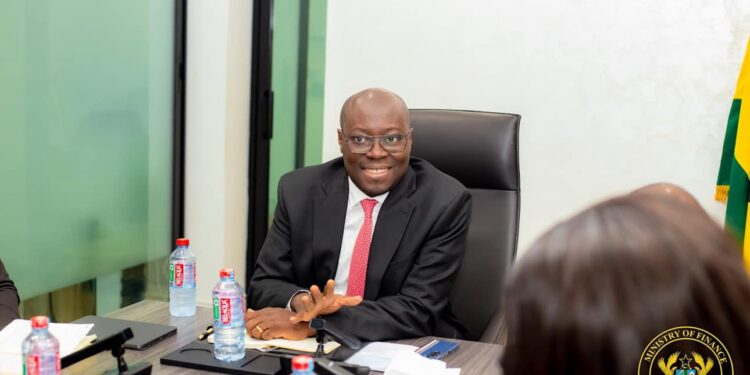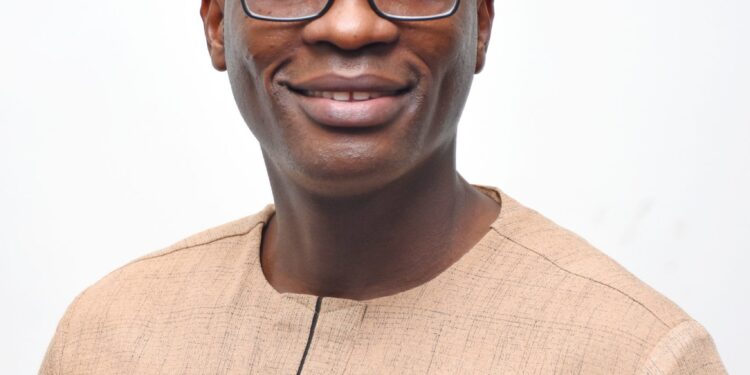The Executive Director of Africa Education Watch (EduWatch), Kofi Asare has emphasized the critical need for the various political parties in the country to take a keen interest in addressing what he describes as the glaring deficit in digital education infrastructure across the country in their respective manifestoes ahead of the 2024 general elections
The educational activist and advocate in a call to action noted with deep concerns that only 13% of public Junior High Schools (JHS) in the country are equipped with ICT facilities, compared to a slightly higher 15% in primary schools
He thus expressed the urgent need for the government to address this gap as it portends a huge challenge to the growth and improvement of ICT education in the country.
Drawing attention to the fundamental importance of Digital Literacy in the country’s latest Basic School Curriculum, which was introduced half a decade ago, Mr Asare underscored the necessity for the government to undertake robust ICT infrastructure to achieve educational objectives effectively.
He noted that while the curriculum is designed to empower students with essential digital skills, and mandates Computing as a stand-alone subject from Upper Primary to JHS 3, culminating in examination at the Basic Education Certificate Examination (BECE) level, the existing ICT infrastructure in the country’s public basic schools does not support it.
Mr Asare mentioned that approximately 10,000 JHS and 13,000 primary schools remain devoid of adequate ICT facilities, depriving countless students of equitable access to technological resources crucial for their academic and personal development.
He pointed out that the existing deficit in ICT infrastructure in public basic schools is very concerning given that the rollout of the new curriculum should ideally have been accompanied by sufficient infrastructure to support its implementation effectively.

Regional Statistics of ICT Infrastructure
Furthermore, the Executive Director for Africa Education Watch recounted the distressing statistics from deprived regions such as Savannah, North East, Northern, Upper West, Upper East, and Bono East, where he stated more than half of children aged 6-14 lack access to ICT gadgets.
Here, Mr Asare posited that the existing disparities underscore the systemic inequalities that persist within the country’s educational landscape, disproportionately impacting vulnerable communities and hindering their ability to compete on a global scale.
“In deprived regions like Savanah (72%), North East (67%), Northern (65%), Upper West (61%), Upper East (56%) and Bono East (56%), more than half of children aged 6-14, did not use an ICT gadget. (GSS, 2021)”
Kofi Asare, Exective Director EduWatch
Moreover, Mr Asare indicated that the repercussions of Ghana’s digital education crisis extend beyond its borders, with the country’s performance on key education indicators reflecting poorly on the global stage.
He noted that the recently published Global Youth Development Index ranked Ghana a concerning 125th out of 183 countries, citing Digital Literacy at the basic education level as a significant challenge.
As the country prepares for the upcoming 2024 general elections, Mr Asare urged all the political parties in the country to prioritize the integration of comprehensive strategies to address the country’s digital education deficit in their respective manifestoes.
He emphasized that the future prosperity of Ghana’s youth and its socio-economic development hinge upon equitable access to quality education, including robust ICT infrastructure that empowers students to thrive in an increasingly digital world.
Mr Asare also implored on government and other stakeholders to commit to concrete action plans that prioritize investment in ICT infrastructure, ensuring that no child is left behind in Ghana’s pursuit of educational excellence and global competitiveness.
He cautioned that failure to address these challenges comprehensively risks perpetuating cycles of inequality and impeding the country’s progress towards a more inclusive and prosperous future.
READ ALSO: Gold Prices Hit Record Highs Amid Global Uncertainty





















